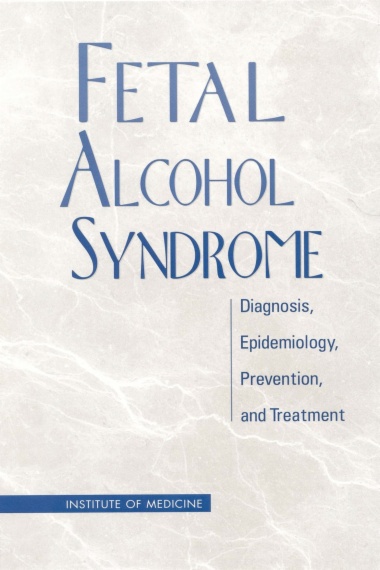

It sounds simple: Women who drink while pregnant may give birth to children with defects, so women should not drink during pregnancy. Yet in the 20 years since it was first described in the medical literature, fetal alcohol syndrome (FAS) has proved to be a stubborn problem, with consequences as serious as those of the more widely publicized "crack babies."
This volume discusses FAS and other possibly alcohol-related effects from two broad perspectives: diagnosis and surveillance, and prevention and treatment. In addition, it includes several real-life vignettes of FAS children.
The committee examines fundamental concepts for setting diagnostic criteria in general, reviews and updates the diagnostic criteria for FAS and related conditions, and explores current research findings and problems associated with FAS epidemiology and surveillance.
In addition, the book describes an integrated multidisciplinary approach to research on the prevention and treatment of FAS. The committee:
This volume will be of special interest to physicians, nurses, mental health practitioners, school and public health officials, policymakers, researchers, educators, and anyone else involved in serving families and children, especially in high risk populations.